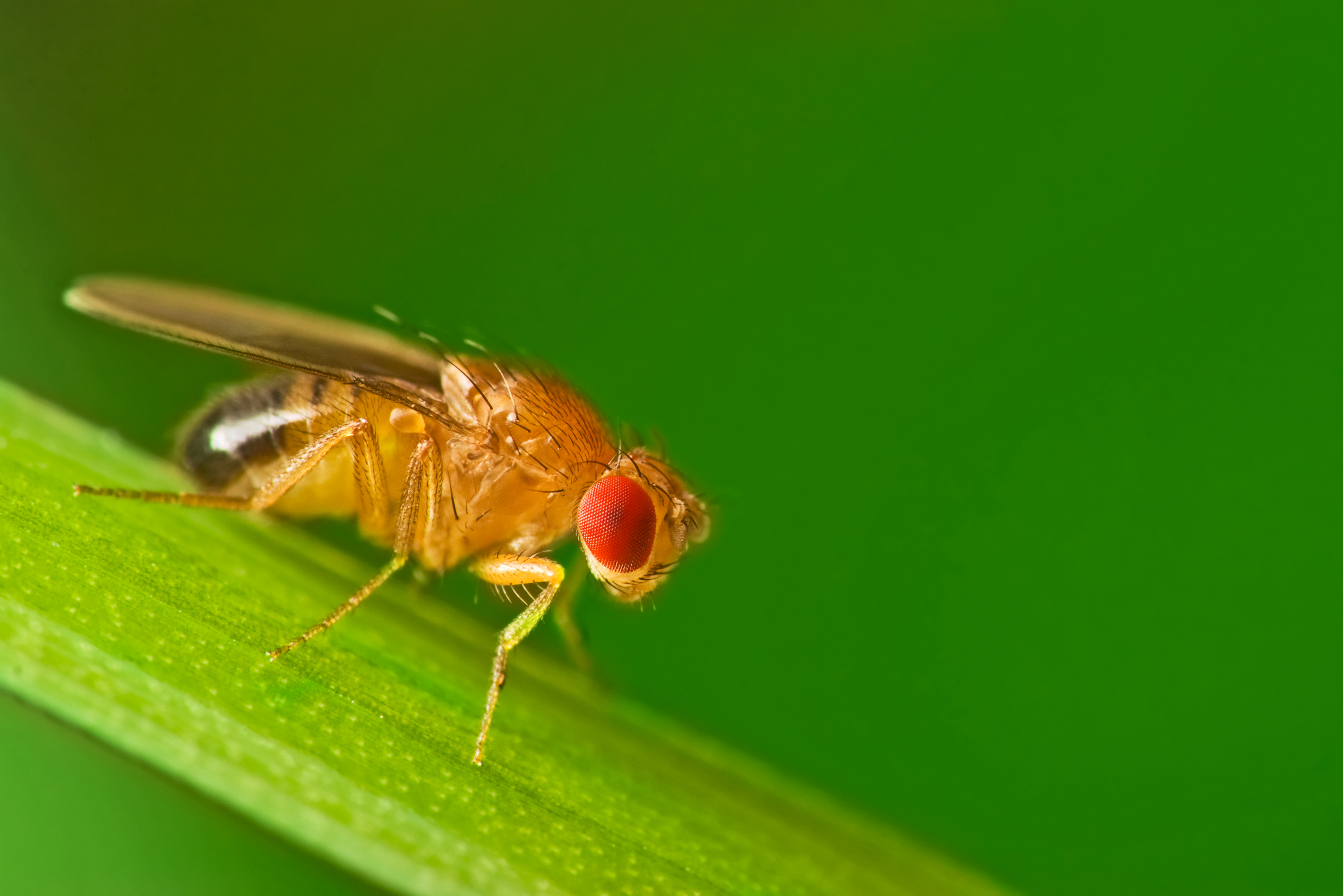Illinois State University’s Alysia Vrailas-Mortimer received a $435,000 grant from the National Institutes of Health to continue her work understanding the genetic keys to a form of muscular dystrophy.
Mortimer, an assistant professor of aging and physiology in the School of Biological Sciences, studies the genetics behind “limb girdle” muscular dystrophy, which attacks the muscles in the shoulders or pelvis. “People that suffer from this disease get weakness in their pelvic or shoulder girdle, and the result is usually that they can’t walk or lift their arms over their heads,” said Mortimer, who added there is no cure for the disease.
Scientists have identified 31 genes in humans that are associated with limb girdle muscular dystrophy. In her lab, Mortimer’s team studies how these various genes all contribute to the same disorder. Her team has found that one gene called p38, which has been known to regulate life span and aging, may coordinate a set of these disease-causing genes. To conduct the studies, Mortimer uses a close, genetic relative of humans—the common fruit fly.
“About 75 percent of all genes that cause diseases in humans have an equivalent in the fly,” said Mortimer, whose lab contains thousands upon thousands of colonies of Drosophila melanogaster, or fruit flies. “Because the fly has such a simpler system, and we know its genome, we can understand how it might contribute to a disease in a very basic way.”
Undergraduate and graduate students in Mortimer’s lab are collaborating with scientists at the University of Denver, the University of Alabama at Birmingham, and biology faculty at Illinois State to discover more about p38. “It’s amazing to see how powerful a tool fruit flies can be,” said Michael Almassey, a graduate student from Lisle, Illinois.
The p38 gene has been linked to several genetic diseases in humans and flies, including Alzheimer’s, Parkinson’s, and muscular dystrophy. Mortimer suspects the gene also acts as a regulator on other genes in the system. The undergraduate students in her lab are exploring whether a problem with p38 can lead to a build-up of proteins on a cellular level. “It’s a process called autophagy. Think of it like the tires in your car. When they wear down, they need to be replaced. The cells and proteins in your body are the same,” said Mortimer, who noted p38 may be helping to clear out old or damaged muscle proteins.
Mortimer believes if p38 is not working properly, there can be a build-up of damaged proteins, which can lead to disease. “If p38 cannot clear out these damaged proteins, then you have all of this junk that’s clogging things up, and you can’t get rid of it,” said Mortimer. “These proteins start to aggregate, and it’s thought these aggregates are toxic, which may lead to weakness in the muscles and locomotor dysfunction.”
To speak with Mortimer about the grant, contact her at (309) 438-8574, or email admorti@ilstu.edu.


